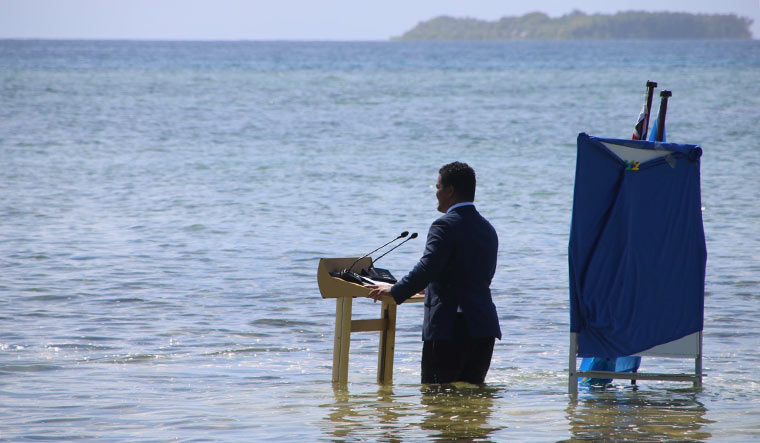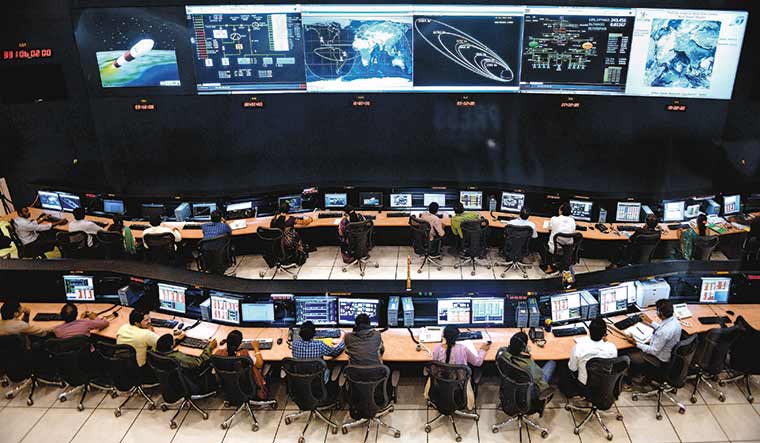
One thing has to alter. Politicians and environmental organisations have invested thousands and thousands attempting to affect individuals’s behaviour and deal with the local weather disaster. But it surely’s not working. No G20 nation is on monitor to fulfill their local weather objectives.
So as a substitute, researchers are turning their consideration to the hyperlink between individuals’s notion of time and the motion they tackle local weather change.
One of many principal areas researchers are exploring is how individuals interpret the huge time scales wanted to grasp local weather change.
Individuals characterize their life experiences on a psychological timeline of previous, current and future. However that timeline just isn’t as straight as you may assume. The character of an occasion can affect how shut or far into the previous or future somebody perceives it to be.
Traumatic previous occasions can appear nearer in time, or extra current, than impartial occasions. Nonetheless, individuals appear to take the specter of adverse occasions they anticipate within the distant future much less critically and understand them as much less dangerous in comparison with occasions nearer to the current.
It is occurring in your again yard
Individuals who have suffered immediately from local weather change by means of floods, fires and excessive warmth, usually understand the local weather disaster as a part of their current. Nonetheless, individuals whose lives are simply starting to be touched by local weather change understand the time distance to be massive. The disaster continues to be of their future.
This doesn’t suggest individuals will not act except their properties are devastated by excessive climate. However now-focused communication methods which can be extremely localised could encourage extra individuals to behave.
We must be tailoring adverts to indicate how local weather change is affecting individuals of their metropolis, their native magnificence spots, and the way that is occurring proper now.
Warping our sense of time
Clocks and calendars are techniques to measure, report and handle time, which makes time look like an goal idea. However analysis exhibits our expertise of time is subjective, like our psychological timeline.
For instance, our sense of time adjustments as we age, usually ensuing within the sensation of time passing extra shortly as we become old. Ideas, emotions and actions have an effect on our expertise of time too.
It usually passes shortly after we are busy, pleased and engaged, and slowly after we are unhappy, bored and remoted. This implies we could also be extra perceptive to local weather messaging relying on our temper and what is going on on in our lives.
Our expertise of time’s cadence varies too. A number of the principal rhythms embrace linear (I am solely getting older), cyclic (it is Monday once more), progressive (look how a lot I’ve realized) and degenerative (we’re hurtling towards the top instances).
Researchers try to know whether or not apocalyptic discuss sparks motion or nihilism. It is price contemplating whether or not individuals can be extra engaged in local weather motion if we framed the current as the underside of a cycle, that, with the suitable intervention, can set humanity on a brand new upward swing, somewhat than a march towards Armageddon.
Context is the whole lot
Tradition additionally influences how individuals understand time. Shut your eyes and picture a psychological timeline of previous, current and future. Is the previous on the left or the suitable?
If you happen to grew up in a left-right studying and writing family, likelihood is the previous is on the left and the longer term is on the suitable. If you happen to grew up in a right-left studying and writing family the previous will probably be on the suitable and the longer term on the left.
Equally, whereas in some cultures the longer term is at all times forward, for others the route of the circulate of time is dependent upon the route somebody is going through. For instance, Pormpuraawans’, an Aboriginal Australian group, characterize time as flowing from left to proper if going through south, however proper to left if going through north.
Metaphors for time, reminiscent of maintain shifting forwards, usually are not common, which suggests you possibly can’t create a world public messaging system.
Time feels totally different relying on who you might be, the place you come from and what you occur to be doing. Whereas many individuals are motivated to have interaction in environmentally pleasant behaviour, we have to body time in a extra knowledgeable and nuanced manner if we would like extra individuals to alter.
Time is treasured
Time is scarce. Digital expertise is dashing up the tempo of life for many individuals and hustle-culture means some teams view busyness as an indicator of success.
Whereas sorting recycling could solely take a couple of minutes, you must really feel like you could have these minutes to spare. So we have to concentrate on decreasing the time burden related to environmentally pleasant behaviour. We must be researching easy methods to make this behaviour take much less time.
The answer could also be a societal change. This may occasionally imply a change from productiveness pushed fashions of time, through which time is cash and free time is uncommon, to a softer relationship with time to open up house in our schedules.
A shift to a slower tempo of life can also present the time to reconnect with nature and see the affect of the local weather disaster in our personal again yards.
Collectively, these adjustments could assist to convey local weather consciousness into individuals’s current day, rising the urgency to behave, and preserving the planet for generations to return.
(The Dialog: By Ruth Ogden, Reader in Experimental Psychology, Liverpool John Moores College)



